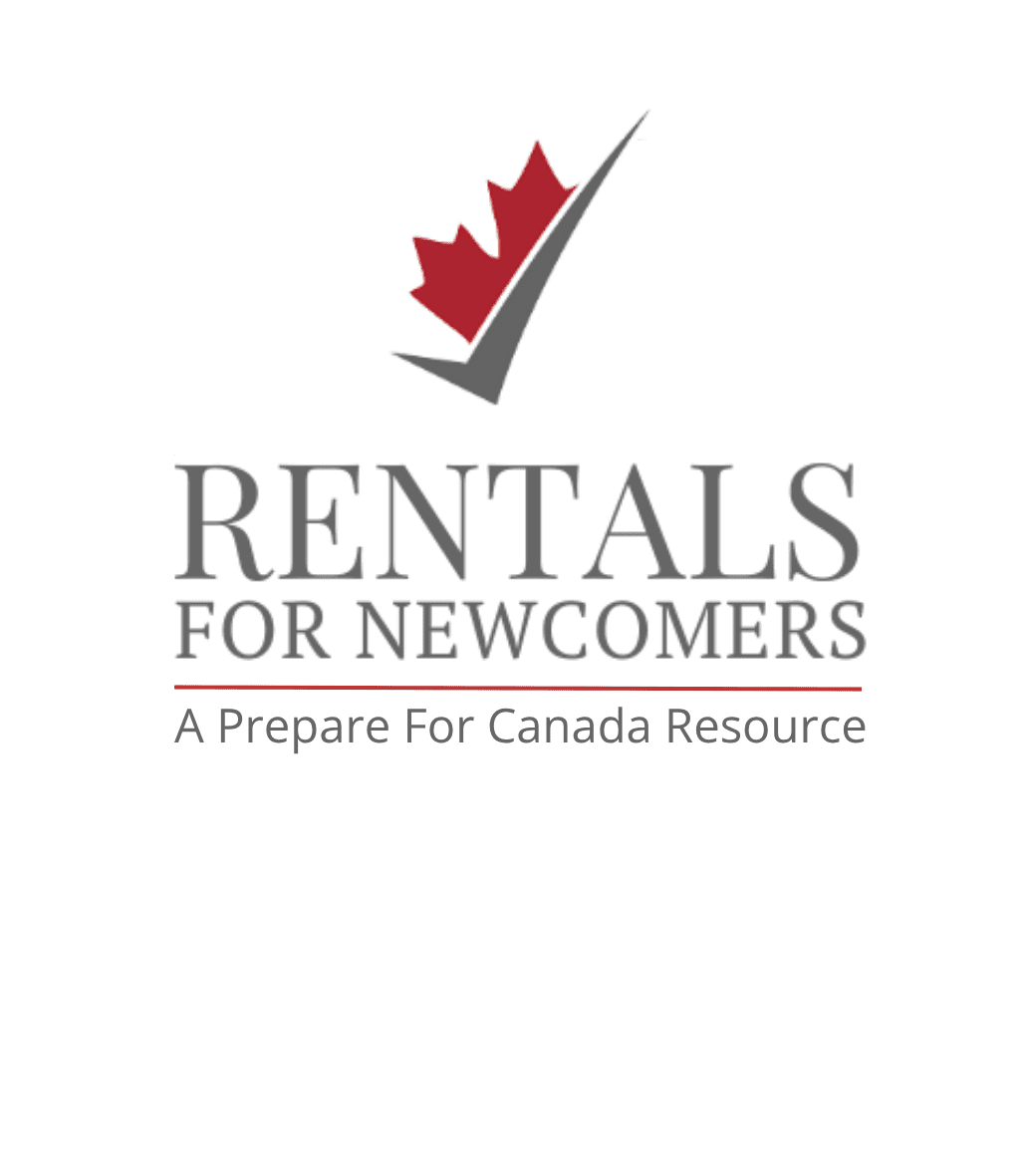Financial Literacy Resources for Newcomers
Looking to build your financial skills in Canada? These trusted national resources can help newcomers learn to budget, save, and invest with confidence.
Whether you’re learning how to open your first bank account or planning long-term financial goals, Canada offers several free and reliable tools to help you get started:
1. Financial Consumer Agency of Canada (FCAC)
The FCAC leads Financial Literacy Month and offers tools to help you budget, save, manage debt, and understand banking in Canada.
2. Financial literacy programs at settlement agencies
Many local settlement agencies offer free workshops that cover budgeting, credit scores, taxes, and avoiding scams.
Find free newcomer services in Canada.
Read next: Essential Services to Help Newcomers Settle in Canada
3. Banking programs for newcomers
Canadian banks offer specialized newcomer programs that make it easier to settle and manage your money. These often include no-fee bank accounts, credit cards without a Canadian credit history, and financial advice tailored to newcomers. Many banks also provide resources on budgeting, saving, and building credit to help you start your financial journey with confidence.









